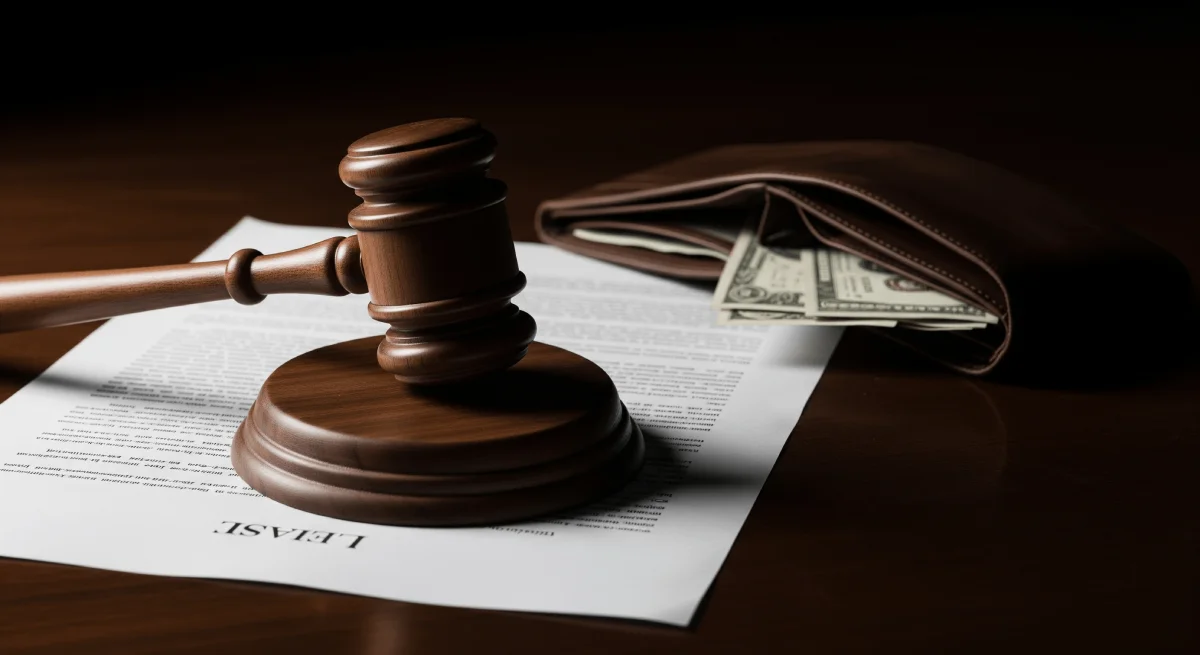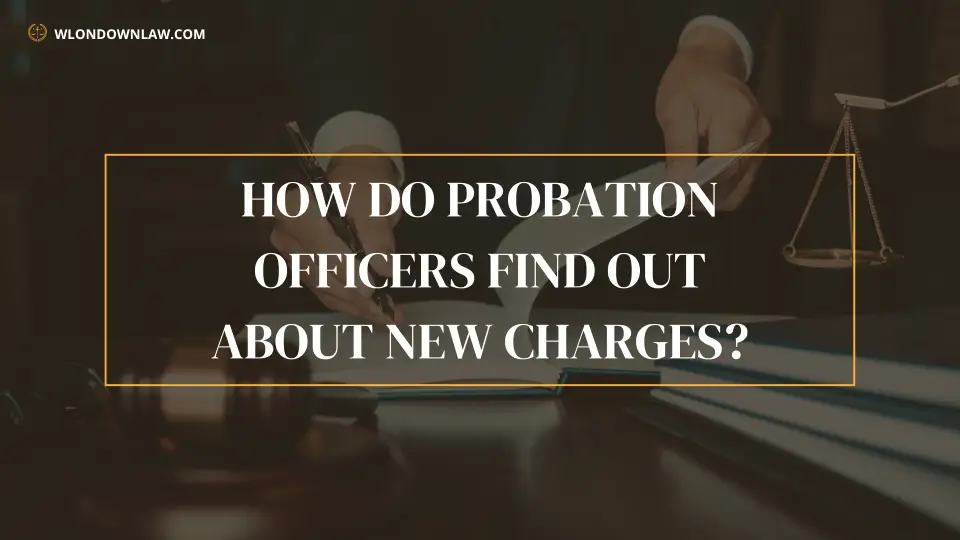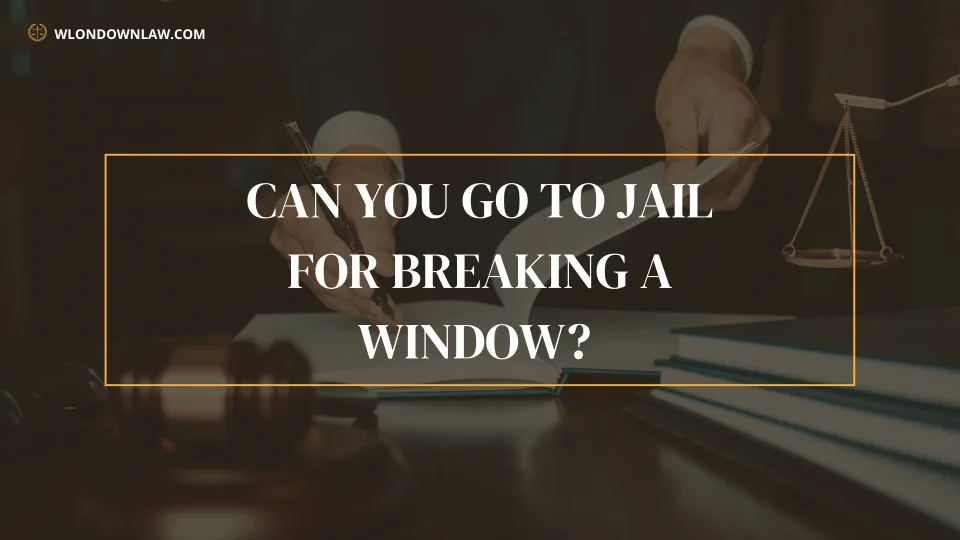It’s a common and frightening question: Can an unfortunate moment on the road lead to losing your most valuable asset? This article will explore the potential risks and protections related to your home after an at-fault car accident, particularly focusing on liability insurance.
Understanding At-Fault Car Accidents
Definition of At-Fault Car Accident
An at-fault car accident occurs when one driver is determined to be primarily responsible for causing the collision. This means that the fault in a car accident lies squarely with that individual, making them the at-fault driver.
This determination is crucial because it dictates who is liable for the damages that result from the incident, including personal injury and property damage, and can significantly impact what happens next.
Consequences of Being an At-Fault Driver
If you are found at fault in a car accident, the consequences can be extensive and may involve more than just your auto insurance rates increasing.
The injured party or parties will likely seek compensation for medical expenses, lost wages, and pain and suffering, leading to a personal injury lawsuit following an at-fault car accident.
If the damage exceeds your insurance limits, you could face the severe risk of losing your home, especially if you are sued for a car accident and are found responsible for a car accident. This is why understanding liability coverage is so vital.
Common Scenarios Leading to Liability
There are many common scenarios that can lead to you being deemed the at-fault driver in a car accident. These include things like running a red light, failing to yield, distracted driving, or even rear-ending another vehicle.
In any of these situations, you could be held liable for damages. This means that if you are involved in a car accident, and the car accident claim determines you were at fault, the financial implications could be severe, potentially even making you worried about losing your home.
The Impact of a Car Accident Lawsuit
How Lawsuits Can Affect Your Financial Stability
Being involved in an at-fault car accident can truly turn your financial world upside down, especially if it leads to a personal injury lawsuit where you are found at fault.
When the damage exceeds your insurance coverage, an injured party might pursue legal action to recover medical expenses, lost wages, and pain and suffering, putting your personal assets at risk.
This is where the concern about potentially losing your home due to an at-fault car accident becomes a very real and pressing issue for many individuals.
Insurance Coverage and Its Role in Legal Proceedings
Your car insurance plays a critical role in protecting you after an at-fault car accident, acting as the primary defense against the financial ramifications of an at-fault accident.
Your auto insurance policy, specifically its liability coverage, is designed to cover property damage and personal injury claims brought against you by an injured party in an auto accident.
However, if the medical bills and other damages exceed your insurance limits, you could be left personally responsible for the remaining balance, which could certainly make you worried about losing your home.
Understanding Liability Coverage Limits
It’s essential to understand the liability coverage limits of your auto insurance policy, as these limits directly dictate how much your insurance company will pay out after an at-fault car accident.
If the damages exceed your insurance, either through significant property damage or extensive medical expenses and lost wages for the injured party, you could face the serious risk of losing your home. This gap between your coverage and the actual damages can lead to a car accident lawsuit, leaving your personal assets vulnerable.
Protecting Your Home and Assets
Homestead Exemption: What It Is and How It Works
One crucial protection for your primary residence is the homestead exemption, which can shield a portion of your home’s equity from creditors in a car accident lawsuit. While it doesn’t offer absolute asset protection, it can significantly reduce the risk of losing your house due to an at-fault car accident by safeguarding a certain amount of your home’s value.
Understanding your state’s specific homestead exemption laws is vital if you’re worried about losing your home after being found at fault in a car accident.
Strategies to Protect Your Assets After an Accident
Beyond the homestead exemption, there are other proactive strategies you can employ to protect your assets following a serious accident where you are the at-fault driver.
Consider exploring Umbrella insurance, which provides an additional layer of liability coverage, can help protect your assets, including your home. above your existing car insurance and home insurance policies, offering substantial asset protection.
Diversifying your investments and establishing trusts can also help to shield your personal assets from creditors if you are sued for a car accident and the damages exceed your insurance coverage.
Consulting a Car Accident Lawyer for Guidance
If you find yourself in a situation where you’re worried about losing your home due to a car accident, Consulting with a knowledgeable car accident lawyer is paramount to understanding your liability insurance and potential claims.
A skilled personal injury lawyer, or a car accident lawyer from a reputable law firm, can provide invaluable guidance, help you understand the full implications of the fault in a car accident, and explore all available legal avenues for asset protection.
They can help navigate the car accident claim process, negotiate with the injured party, and work to protect your home from a potential car accident lawsuit, especially if the damages exceed your insurance.
What to Do After an At-Fault Car Accident
Steps to Take Immediately Following the Accident
After an at-fault car accident, your immediate actions are crucial in managing the consequences and potentially mitigating the risk of losing your home.
First and foremost, ensure everyone’s safety and, if anyone is injured, call for emergency medical assistance right away. It’s also vital to exchange insurance and contact information with the other drivers involved in the car accident, gather photographic evidence of the scene and any vehicle damage, and understand car accident laws.
Never admit fault in a car accident, even if you suspect you are the at-fault driver, as this can severely impact your liability in a future personal injury lawsuit.
When to Contact a Personal Injury Lawyer
You should Contact a personal injury lawyer as soon as possible after an at-fault car accident to discuss your options for filing a lawsuit., especially if there’s significant property damage or if someone has sustained serious injuries.
Even if your insurance coverage seems adequate, the full extent of medical expenses, lost wages, and pain and suffering for the injured party might exceed your insurance limits, putting your personal assets at risk.
A car accident lawyer can assess the fault in a car accident, advise you on potential liability coverage issues, and begin formulating an asset protection strategy to protect your home from a car accident lawsuit.
How an Accident Lawyer Can Help You
An experienced accident lawyer can be your greatest advocate after an at-fault car accident, helping you navigate the complex legal landscape and providing crucial asset protection. They can communicate directly with the injured party’s legal team, negotiate with your auto insurance company, and work to minimize your personal liability.
If the damages exceed your insurance, a skilled car accident lawyer will explore all options to protect your home and other personal assets from creditors, ensuring you don’t face the devastating prospect of losing your house due to an at-fault car accident.
Facing the Risk of Losing Your Home
Factors That Could Lead to Losing Your House
The thought of losing your home due to an at-fault car accident is terrifying, and several factors can escalate this risk. If the personal injury damages, medical bills, and lost wages claimed by the injured party far exceed your liability coverage limits, you could face a substantial personal judgment in a car accident lawsuit.
Furthermore, if you lack sufficient umbrella insurance or other asset protection strategies, your primary residence, which is often your most significant asset, can become vulnerable to a creditor seeking to satisfy the judgment, increasing your worry about losing your home.
Legal Options to Keep Your Home
Even when facing the severe risk of losing your house due to an at-fault car accident, several legal options exist to protect your home, including filing a lawsuit.
Your car accident lawyer will meticulously explore these, including the homestead exemption, which can shield a portion of your home’s equity from creditors, depending on your state’s car accident laws.
They might also discuss negotiating a structured settlement with the injured party, filing for bankruptcy in extreme cases, or utilizing other asset protection tools like trusts to safeguard your personal assets from a car accident lawsuit where the damages exceed your insurance coverage.
Understanding the Process of Asset Protection
Understanding the process of asset protection is crucial when you’re worried about losing your home after an at-fault car accident, especially regarding minimum liability coverage. This process involves strategic planning, often initiated long before a serious accident, but it can still be implemented to some degree even after being involved in a car accident.
Your car accident lawyer will guide you through understanding how your insurance policies, including auto insurance and potential umbrella insurance, interact with state-specific exemptions and other legal frameworks to protect your equity and prevent your primary residence from being seized to satisfy a judgment from an at-fault accident.


